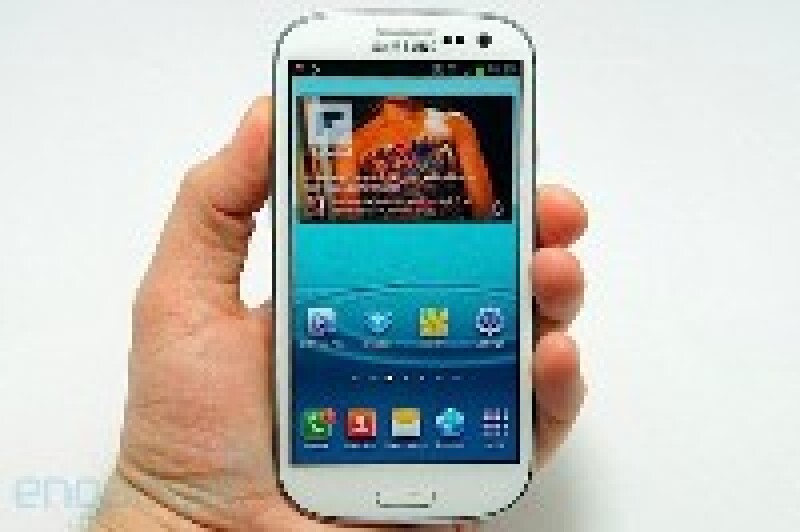Koh explained in a 65-page decision yesterday that Apple failed to establish irreparable harm from infringement of its patent numbers 7,469,381, 7,844,915, 7,864,163, D604,305, D593,087, and D618,677. The ruling means that eight of Samsung’s smartphones will not be removed from shelves. The most important of these is the Samsung Galaxy S III, which has recently outsold Apple’s iPhone.

Florian Mueller of Foss Patents said that the ruling should have been a bit more favourable to Apple, but that even under the correct analysis of market dynamics “Apple wouldn't have won a ruling that would have been devastating to Samsung”.
However, in a separate decision, Koh also denied Samsung’s request for a new trial on the grounds of juror misconduct. Following the August jury verdict awarding $1 billion in damages to Apple, Samsung learned that the jury foreman, Velvin Hogan, had been sued by his former employer, Seagate, which Samsung has an ownership stake in.
But Koh said in a 20-page order last night that Samsung acted too late. “Despite learning through the Court’s initial questioning that Mr. Hogan had once been employed by Seagate, Samsung’s counsel failed to ask any follow-up questions regarding that relationship,” wrote Koh.
She added that, even when Samsung’s counsel was given 20 minutes to ask the prospective jurors any additional questions, he “questioned Mr. Hogan only about his patents and his hobbies, and did not take the opportunity to delve into the nature of his relationship with Seagate”.
Koh continued: “The judicial system can ask no more of jurors than that they do their best to apply the law as they are instructed. Samsung also praised the jury for ruling for Samsung on Apple’s breach of contract and antitrust claims. Samsung cannot credibly claim that the jury’s conduct was simultaneously worthy of such great praise and so biased as to warrant a new trial.”
Koh must still rule on several post-trial motions in the case.









